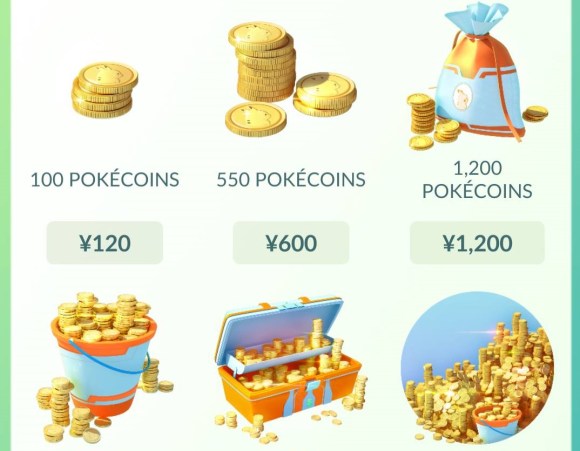
Japan’s Financial Services Agency opens an investigation into whether or not PokéCoins fall under jurisdiction of the country’s Payment Services Act.
Since its July release, Pokémon GO has become a breakout success, claiming more than just a few Guinness World Records for number of first-month downloads, international mobile game charts topped, and accumulated revenue.
It’s the lattermost of these that’s caught the attention of the Japan’s Financial Services Agency, who is currently discussing how payments for PokéCoins made to Niantic, the company behind Pokémon GO, should be handled in accordance with existing laws regulating prepaid forms of payment.
According to Payment Services Act, balances made from prepaid payment instruments that exceed ten million yen (US$99,720), require Niantic to notify Japanese authorities to ensure that the company has secured its assets, is supervised by inspections and record-keeping, and that precautions have been taken to prevent money laundering.
Currently PokéCoins can be gained for free through battling other “gyms” in order to come into possession of them. Once the gym falls into your hands, you can select a Pokémon to defend it. You’ll earn 10 Gold PokéCoins each day your Pokemon keeps the gym in your possession. Coins can be used to buy Poké Balls, lures, eggs, and so on to help build up your collection of monsters.
Unfortunately Pokémon that haven’t reached level five yet can’t be used to battle or defend gyms, making new players, or players who don’t have very many gyms near them, more likely to dish out real money for in-app purchases of PokéCoins.
As of now it’s unclear when the agency will wrap up its investigations, and what, if anything, it could mean for Niantic or players of the game.
Source: Nikkei, Anderson Mori & Tomotsune
Feature/top image: Pokémon Go (screenshot edited by RocketNews24)